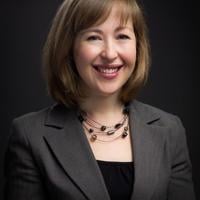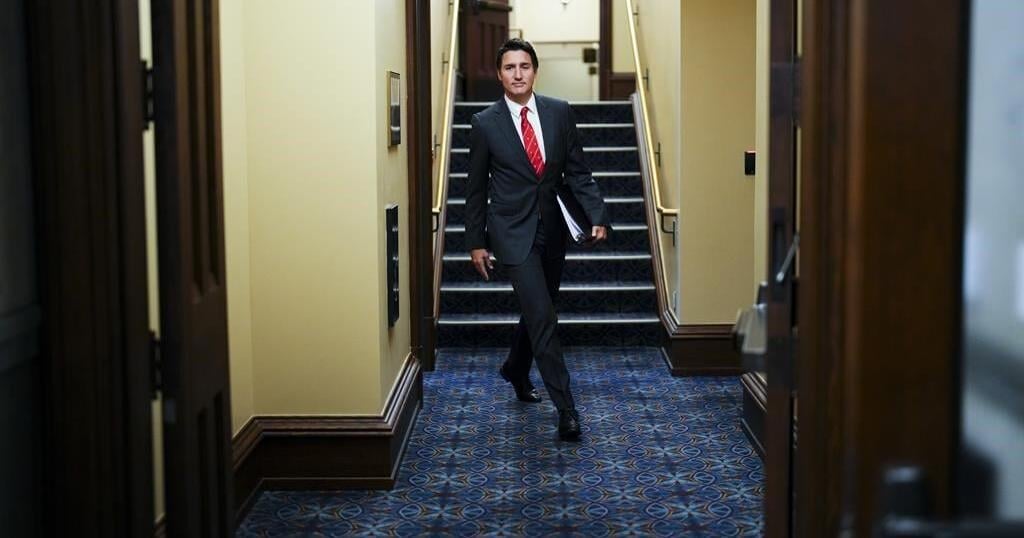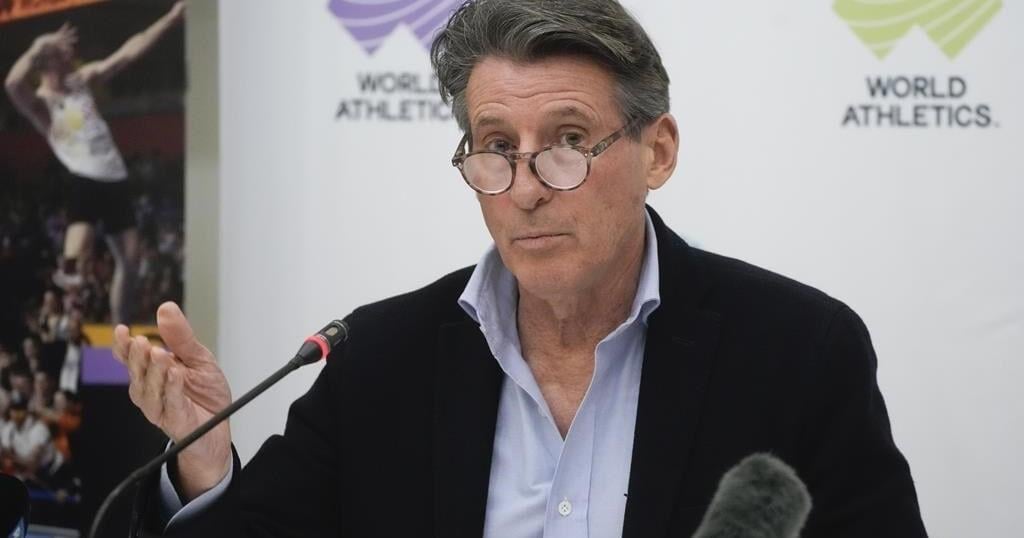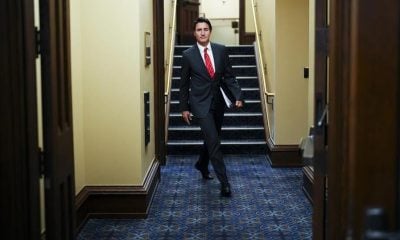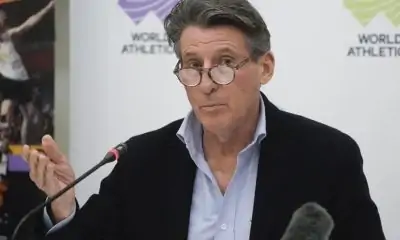Summer jobs are more than just a detour on your way to a career — they’re an important first step on the job ladder, no matter the type of work.
Sarah Mullins, founder and principal consultant at uptreeHR in Halifax, can draw a direct line between babysitting and her first job straight out of university, as a recruitment manager.
A babysitting job led to a telemarketing position when the family she sat for bought a Weed Man franchise; Mullins spent the summer on the phone, getting signups for a free lawn analysis. Years later in her HR program, she got a co-op job as a remote recruiter. Despite having other jobs on her resume, her boss said it was her telemarketing job at 16 that got her the gig.
“My boss said, ‘We figured you’d be really good on the phone,’” Mullins said. “And I thought, ‘That’s amazing.’ I was able to use my first summer job to get that co-op job.”
After finishing her education, she sought out her co-op bosses for a reference and instead got a job offer — managing a team of recruiters, fresh out of school.
From babysitting to recruiting, Mullins said her story can remind young people to stay open-minded and humble about early jobs.
“Just be open to different things, step outside your comfort zone, do different things that may or may not be related [to your career],” she said.
“Communication skills, team-building skills, conflict resolution, customer service — customer service is the same no matter where you go, whether you’re scooping ice cream, or in a call centre.”
Young workers can find summer employment on job boards and in the community, or through friends and family.
The federal government has more than 70,000 well-paying jobs for people under the age of 30 via its Canada Summer Jobs program. Parks Canada also hires many young people every year in a variety of roles, from visitor experience to conservation — job seekers can apply for up to 10 locations.
Any job has two main components: the technical expertise, whether it’s marketing or engineering, and the interpersonal contribution, said Shelagh Best, talent director at EY Canada. The professional services firm expects to bring on 1,400 student workers across the country this year.
If young job seekers can’t find work in their preferred field, Best said they can pick up transferable skills and experience in any job position.
“How to work in a team with others, how to innovate, how to build a growth mindset — all those kinds of interpersonal skills,” she said. “And I think early jobs are great; it’s a great opportunity to explore that in whatever kind of work environment that you’re in.”
To use first jobs as stepping stones, Best said young candidates should be prepared to tell stories that show growth. Interviewing for work later in life, they should reflect on challenges and find specific examples to describe to hiring managers.
“Your curiosity, your energy and enthusiasm, your listening skills, your empathy — those experiences can come from anywhere,” she said.
“So just be thinking about those stories, those examples, where you’ve had to navigate a difficult situation, or work with a difficult colleague, or come up with a new way of doing something. Those experiences from other parts of your life are hugely relevant.”
Heather Neskas’s first job was a receptionist at a popular radio station in London, Ont. — a frontline, multitasking job she loved, and described as “formative” for the rest of her working experiences. Today she’s managing director of human capital at PwC Canada, another national firm that actively pursues young talent.
Her advice to young workers who’ve landed one of their first jobs: show up with extra energy and ideas, and connect with colleagues.
“I would say: dig in, ask a ton of questions, network with people,” Neskas said.
“Whether it’s Tim Hortons, whether it’s McDonald’s, whether it’s a big bank, whether it’s a big professional services firm, there’s always people in the organization that you can connect with, and learn from. No matter what you’re doing, soak it all in, even if it’s out of scope for your role.”
Student workers can use first jobs as free education, Neskas said — they can learn about the business, its strategies and goals, its frontline operations, and the broader industry. A young worker stocking shelves at Walmart, for example, can learn about complex inventory systems from one of the world’s most successful companies.
Volunteer for extra learning opportunities, Neskas added.
“Put up your hand and ask to go to client meetings,” she said.
“In some of those bigger organizations, like (PwC), for example, we would always take someone with us to just shadow. So where are the shadowing opportunities? Where can you say, ‘I just want to watch you do your work?’ When you’re acting like a sponge, and you’re soaking it all in, you’ll be able to use that later on — in your studies or future opportunities.”
Fast food might not seem like glamorous work, but remember that millions of people have had similar jobs before becoming successful. Former U.S. president Barack Obama scooped ice cream for Baskin-Robbins; actress Eva Longoria was a manager at Wendy’s at age 18.
“I’ve had this conversation several times throughout my career: people who worked at McDonald’s, and were trained by McDonald’s and made it to management, are some of the most exceptional employees I’ve ever had throughout my career,” Mullins said.
“I’ve known some people who were managers at McDonald’s, who went through this incredible management training program, that are now a controller or CFO in an organization.”
This report by The Canadian Press was first published July 9, 2024.

